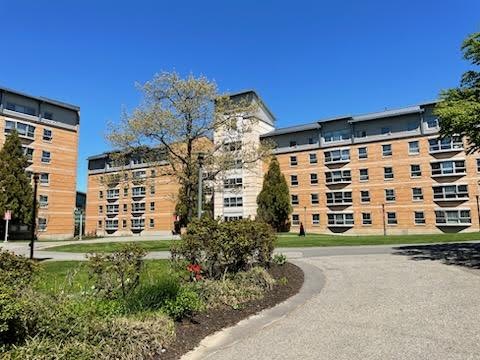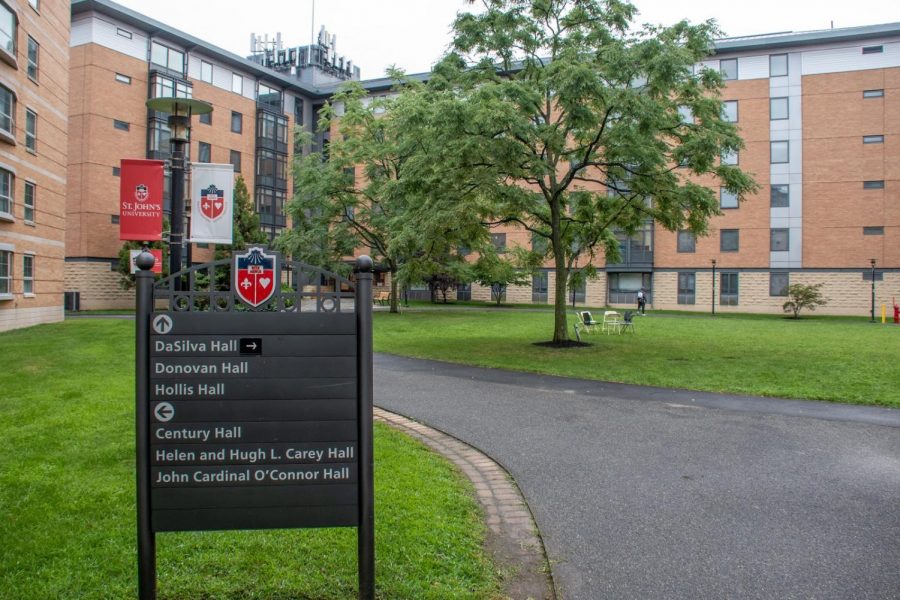With the dawn of a new semester at St. John’s University, students have been spending the past few weeks smoothing the wrinkles out of their schedules. From first semester freshmen whose schedules were created by advisors, to upperclassmen who create their own schedules, there is one thing that is consistently taken into consideration: the core curriculum.
Many students have expressed a problem with the core curriculum, between too few required English courses to the high volume of theology and philosophy classes. The idea of eliminating the core curriculum altogether has also been discussed among individuals on campus.
Students should have a say on this subject. If the students do not agree with the core curriculum, then the school must change it. But are those students right? An academic background filled with more English, theology, and philosophy, creates a more well-rounded student who is better prepared for the professional world.
Regardless of the college a student attends at St. John’s university, two English courses are required: English composition and literature in global context. No offense to the creators of the core curriculum, but two English courses seems rather light in a four-year period. Some of the individual colleges do require more courses, but some students only want to do the bare minimum and will never push for anything more, especially if English is not their forte.
There should at least be a three-course requirement in English. Writing well and being able to represent oneself by writing well is the most valuable skill that anyone can have, regardless of their major.
Another aspect of the core curriculum that has stirred debate is the core requirement of theology and philosophy. There are a plethora of reasons students give for their opposition to this part of the core. Some do not think it is necessary because it may not have a direct correlation with their major. Other students oppose it simply because they have no interest in it.
Theology and philosophy core classes are set in place for a very plain reason. St. John’s is a Catholic university. It is part of the mission statement. It would be ridiculous to expect anything less. It is understandable that not every student is Catholic or a Christian, but by attending this University, students make a conscientious decision to uphold the mission to the best of their abilities.
Students will get much more than just skills to use in their careers from the St. John’s core curriculum. The education received in the classroom is designed to help with the student’s moral and intellectual growth. It gives us a personal edge that may be lacking in today’s advanced society. That is what the core curriculum was created to help students do: excel academically and ethically.















